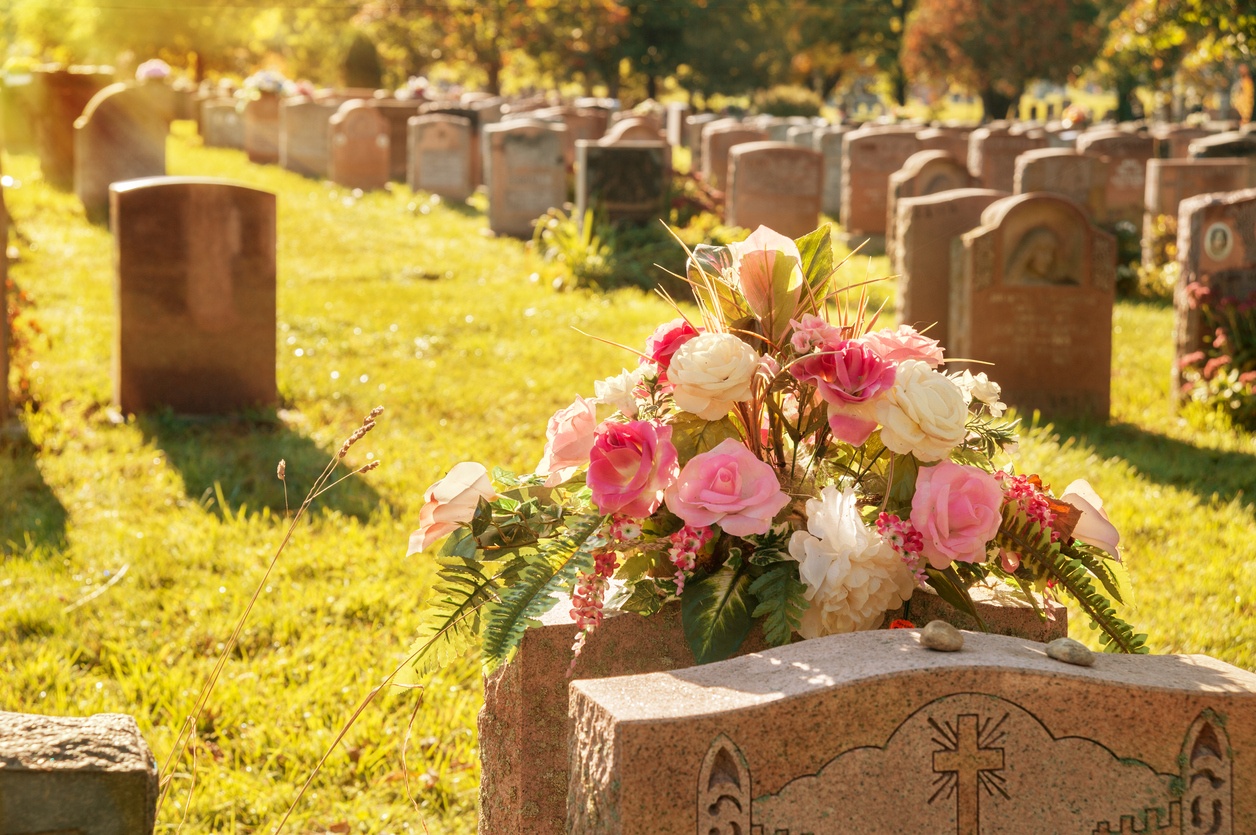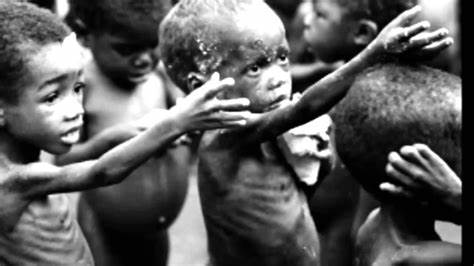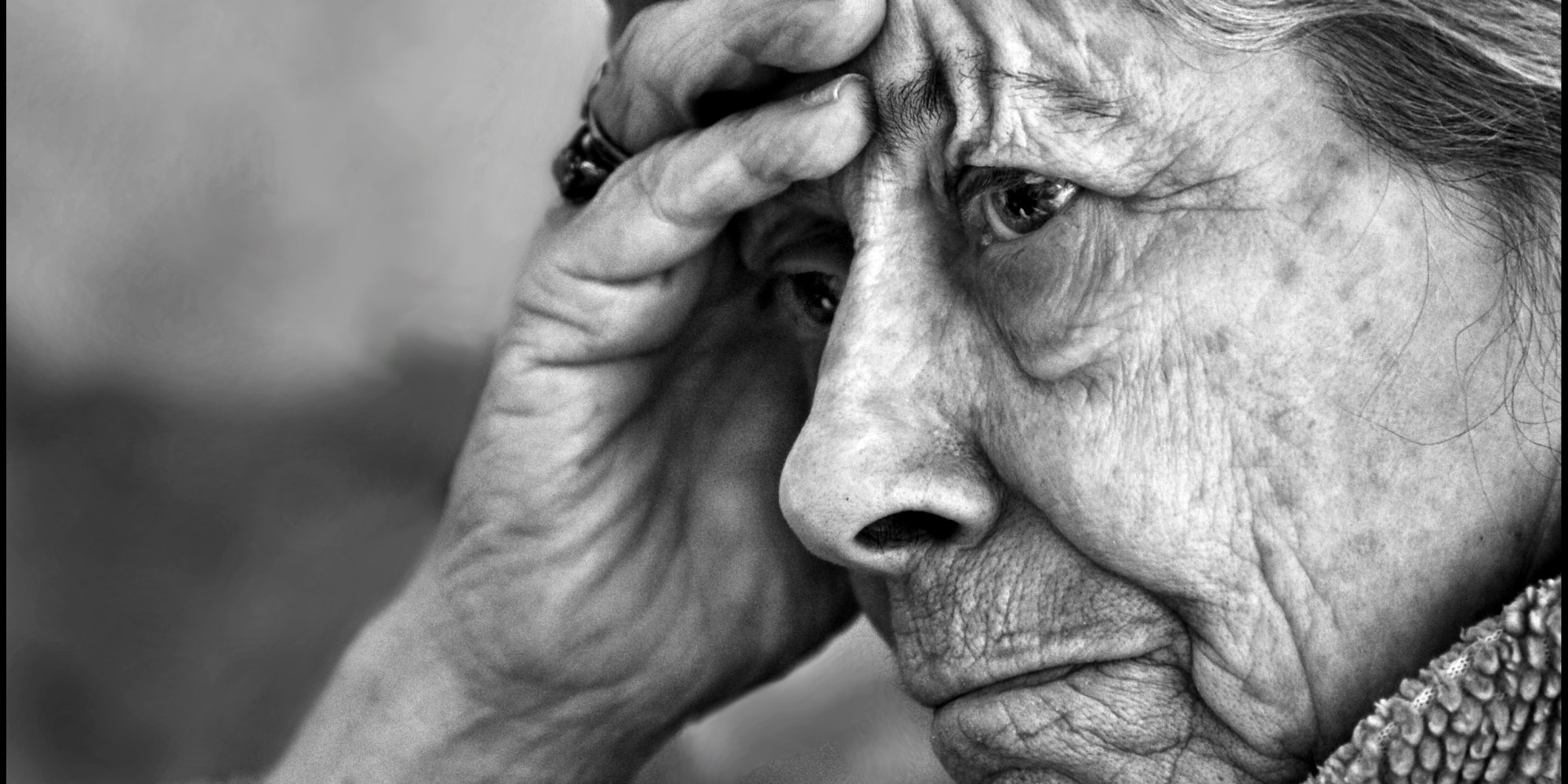Dealing With The Gates To Grief
FIRST GATE OF GRIEF:
EVERYTHING WE LOVE, WE WILL LOSE

- We are all familiar with the first gate of grief, which is the sorrow we experience with the loss of someone or something we love.
- I have come to have a deep faith in grief, have come to see the way its moods call us back to the soul. It is, in fact, one of the voices of the soul, asking us to face life’s most difficult but essential teaching: everything is a gift, and nothing lasts. This is a painful truth. To accept this fact is to live on life’s terms and not to try to deny the simple truth of loss, what the Buddhists call impermanence.
- My grief says that I dared to love, that I allowed another to enter the very core of my being and find a home in my heart. Grief is akin to praise; it is how the soul recounts the depth to which someone has touched our lives. To love is to accept the rites of grief.
- “It is a holy thing to love what death can touch.”
- On some level we know that this is a requirement when facing loss, but we have forgotten how to walk comfortably expressing it.
- Losses Due To Illness gate. Any lingering illness can activate a feeling of loss. When a prolonged sickness arises in our life, we lament the life we once knew and enjoyed, the one brimming with vitality. We feel emptied and drained, finding little joy or motivation for the day. We may feel betrayed by our body, as though we no longer have a foundation beneath us for living fully. Illness dislodges our sense of control and invulnerability. We resist, resent, argue, and protest, attempting to wrestle our lives back from this unwelcome guest.
- Illness carries us into places of great uncertainty. Will we ever get better? Will we ever get back to where we were before we got sick? We can no longer lean on what we know for a feeling of stability. Things teeter and shake; we feel adrift on unfamiliar seas, and as in all true initiations, we fear that we will sink into the waters of death.
- Losses Due To Aging
THE SECOND GATE OF GRIEF:
THE PLACES THAT HAVE NOT KNOWN LOVE

- This grief occurs in the places often untouched by love. These are profoundly tender places precisely because they have lived outside of kindness, compassion, warmth, or welcome.
- These neglected pieces of soul live in utter despair.
- What we perceive as defective about ourselves, we also experience as loss. Whenever any portion of who we are is denied, we live in a condition of loss.
- Whenever any portion of who we are is denied, we live in a condition of loss.
- The proper response to any loss is grief, but we cannot grieve for something that we feel is outside the circle of worth.
- Shame leaves us feeling “unspeakably and irreparably defective.”
- We become convinced that our joy, sadness, needs, sensuality, and so forth are the cause of our unacceptability, and we are more than willing to cleave off portions of our psychic life for the sake of inclusion.
- Much of our grief comes from having to crouch and live hidden from the gaze of others, and in that posture we confirm our exile.
- “What is the vow your soul is waiting for you to make?”
- “What will you have to sacrifice in order to honor that vow?”
- Write your obituary.”
- There were more subtle omissions of attention and care.
- Epstein shows us the way out of this maze, drawing on the teachings of Winnicott and the Buddha, both of whom stress the need of creating an internal holding environment that resembles that of a caring and attentive mother. Mindfulness becomes the soft space within which the agony of our losses can be held. It is an approach of reverence, of compassion, granting us a spaciousness that helps to untangle the knot in our souls. This is the core of my work in my practice.
- Regrets are another part of the second gate, those choices we made that hindered or harmed others or ourselves: the unlived life of abandoned dreams, friendships that withered and died, or the decision to withdraw our hearts from the world and neither receive nor offer love.
THE THIRD GATE:
THE SORROWS OF THE WORLD

- The third gate of grief opens when we register the losses of the world around us.
- “To open our hearts to the sad history of humanity and the devastated state of the Earth is the next step in our reclamation of our bodies, the body of our human community, and the body of the Earth.”
- These places announce themselves as a wound, a rupture where life once moved and breathed. Our hearts sink into a deep grief in these times.
- The cumulative grief of the world is overwhelming. The litany of losses could fill this book. Our ways of living have become corrosive to the earth, to prairie dogs and grizzly bears, to bluefin tuna and monarch butterflies and cultures. Every day, we see the dead lying by the side of the road—deer, raccoons, skunks, opossums, and foxes.
- How can we possibly stay open to the endless assaults on the biosphere when the urge to avert our eyes and pretend that we don’t feel this pain takes over? It takes a heart of courage and conviction, one willing to look into the center of the suffering and remain present. To live a life of soul means living with sensitivity to the plight of the planet.
- Another facet of the third gate is the loss of our connection with nature. We no longer live with a sensuous intimacy with the wind, rivers, rainfall, and birdsong.
- What happens to our soul life in the absence of the others? Shepard says that what emerges is a grief-laden emptiness. How true. And he was wise to recognize our tendency to attribute the emptiness to a “failure in our personality.”
- Often, in my practice, I hear someone talk about feeling empty. But what if this emptiness is more akin to what Shepard is suggesting? What if it is a hollowness that comes from a prolonged absence of birdsong, the scent of sweetgrass, the taste of wild huckleberries, the cry of the red-tailed hawk, or the melancholy call of the loon? What if this emptiness is the great echo in our soul of what it is we expected and did not receive?
- What was once a seamless embrace has now become a breach, a tear in our sense of belonging. Glendinning calls this our original trauma. This trauma carries with it all the recognizable symptoms associated with psychic injury: chronic anxiety, dissociation, distrust, hypervigilance, disconnection, and many others. We are left with a profound loneliness and isolation that we rarely acknowledge. It is as if we have completely normalized our condition. And yet, this feeling of separation profoundly affects the range of our reach, the ways we participate in the landscape and sense our allegiance with the living world. Our soul life flickers dimly, and rather than feeling a kinship with the entire, breathing world, we inhabit and defend a small shell of a world, occupying our daily life with what linguist David Hinton calls the “relentless industry of self.”43
- When we pause and allow our separation from the living earth to rise, we feel the “grief and sense of loss” that Shepard speaks of. When we open ourselves and take in the sorrows of the world, letting them penetrate our insulated hut of the heart, we are both overwhelmed by the grief of the world and, in some strange, alchemical way, reunited with the aching, shimmering body of the planet. We become acutely aware that there is no “out there”; we have one continuous existence, one shared skin. Our suffering is mutually entangled, the one with the other, as is our healing.
THE FOURTH GATE:
WHAT WE EXPECTED AND DID NOT RECEIVE
- There is another gate to grief, one difficult to identify, yet it is very present in each of our lives. This threshold into sorrow calls forward the things that we may not even realize we have lost.
- At the core of this grief is our longing to belong. This longing is wired into us by necessity. It assures our safety and our ability to extend out into the world with confidence. This feeling of belonging is rooted in the village and, at times, in extended families. It was in this setting that we emerged as a species. It was in this setting that what we require to become fully human was established. Jean Liedloff writes, “the design of each individual was a reflection of the experience it expected to encounter.”45 We are designed to receive touch, to hear sounds and words entering our ears that soothe and comfort. We are shaped for closeness and for intimacy with our surroundings.
- Without a village to reflect back to us that we are valued, these ruptures are interpreted in silence, in a vacuum, and the conclusion we often come to is “I must have deserved this treatment” or “I was somehow responsible for this.” I hear versions of this story often in my practice.
- Another facet of loss at this gate concerns the expectation of purpose in our lives.
- “What is the gift you carry in your soul? What have you brought with you into the heart of the village?” We long to feel cosmically significant, that it matters that we are here and that we make a difference.
- To be left with a “shrunken residue” or to walk around “possessed by the dullest parts” of ourselves is a great loss. Rather than enjoying a rich fullness that envelops us throughout our lifetime, we instead inhabit a sense of self that feels cut off from the world. Rilke reminds us—exhorts us—to not lose the world.
- The unconscious disappointment that lingers from the failure to receive these necessary elements in our life slowly evolves into a sense of emptiness. Nearly every day in my practice, someone speaks to this feeling of hollowness. And I think, how good to name it, to bring it into the room and sit with it. How important it is to keep it in front of us, instead of having it trail behind us, out of sight, pulling us away from others and from life.
- When I first consciously faced my own emptiness, it felt like a sheer drop off a cliff; I could not find the way back up. I was floating in a sea of pain and sorrow that had no words. All I could do was try to welcome what came, weep every day, and let those close to me know what I was going through. I needed to tend and care for this vulnerable place. This well of grief was deeper than anything else I had faced in my life, and the terrain was suffused with emptiness and darkness.
- The courage it takes to face this emotional vacuum is tremendous. I have never been so fragile, so out of control, so inundated by wave after wave of grief as I was when I finally faced the emptiness within, but I am grateful that I did so.
- Facing our emptiness is key to our freedom. Until we do, we are driven by lifelong patterns of avoidance. It is important to remember that this emptiness is not a reflection of personal failing, but a symptom of a wider loss.
- To be empty, to feel empty, is to live in the wasteland near the gates of death. This is intolerable to the soul. We were not meant to live such shallow lives. Our heritage and our psychic makeup are designed for an elaborate richness of imagination and creativity that allows us to feel intimately connected to the ongoing creation. We were meant to drop below the surface of things and to experience the depths of life in the same ways that our deep-time ancestors did. Their lives were filled with story, ritual, and circles of sharing. Their lives were not shamefully hidden away but known—losses, defeats, grief, pains, joys, births, deaths, dreams, sorrows; the communal draw of life was open and acknowledged. This is what the soul expected, what it is we need today.
THE FIFTH GATE:
ANCESTRAL GRIEF

- The fifth gate of grief is what I call “ancestral grief.” This is the grief we carry in our bodies from sorrows experienced by our ancestors. Much of this grief lingers in a layer of silence, unacknowledged.
- We hold this ancestral grief in our beings, even after many generations in the new land. This sorrow becomes concentrated over time, gathering grief unto itself, and is carried in our psyches unconsciously as a diminished inheritance.
- Tending this undigested grief of our ancestors not only frees us to live our own lives but also eases ancestral suffering in the other world.
- Ancestral grief also speaks to the grief that remains in our collective soul for the abuses of millions of individuals. It carries the weight of our genocide of the indigenous cultures that were encountered when European settlers arrived in the New World. It speaks to the shameful legacy of slavery and to the killing fields of the Civil War. This grief carries the shadow of Hiroshima and Nagasaki. It carries the suffering of many cultures across the planet whose paths collided with the march of progress. All this weighs on our psyches.
- One other facet of ancestral grief revolves around the loss of the ancestors. We no longer look to our ancestors as a source of connection with the invisible powers in the world. In a very real way, we have lost our connection to the land, language, imagination, rituals, songs, and stories of our ancestors and, because of this, we feel homeless.
OTHER GATEWAYS TO GRIEF
- There are other pathways of grief, other thresholds that could warrant their own gate. Trauma, as we have seen, is one territory that may need its own gate. When we are exposed to violence, whether in wartime, natural disasters, or the violations of our integrity in body and soul through rape, molestation, or assault, some part of us splits off in order to survive. While this move is necessary in order for us to keep on living, it also carries a loss of our essential wholeness. Trauma always carries grief, though not every grief carries trauma. Therefore, grief work is a primary ingredient in the resolution of trauma. Ultimately, these gates all lead to the same chamber, the communal hall of sorrows. It makes no difference which door we open, which threshold we cross. Every one of us has grief at each of these gates. When we feel hesitant or uncertain of our worthiness to touch our sorrow, knowing these gates are there offers us a way connect with our losses, wounds, and disappointments. All too often we deny our grief because it is not as severe as someone else’s. How can we possibly compare our sorrows to those who are suffering the horrors of war or the devastation brought about by tornados, hurricanes, tsunamis, or intolerable poverty? It is easy to dismiss our grief when we compare it to circumstances we consider to be much worse than our own. But the grief is ours, and we must treat it as worthy of attention. In fact, it is essential for us to welcome our grief, whatever form it takes. When we do, we open ourselves to our shared experiences in life. Grief is our common bond. Opening to our sorrow connects us with everyone, everywhere. There is no gesture of kindness that is wasted, no offering of compassion that is useless. We can be generous to every sorrow we see. It is sacred work.
